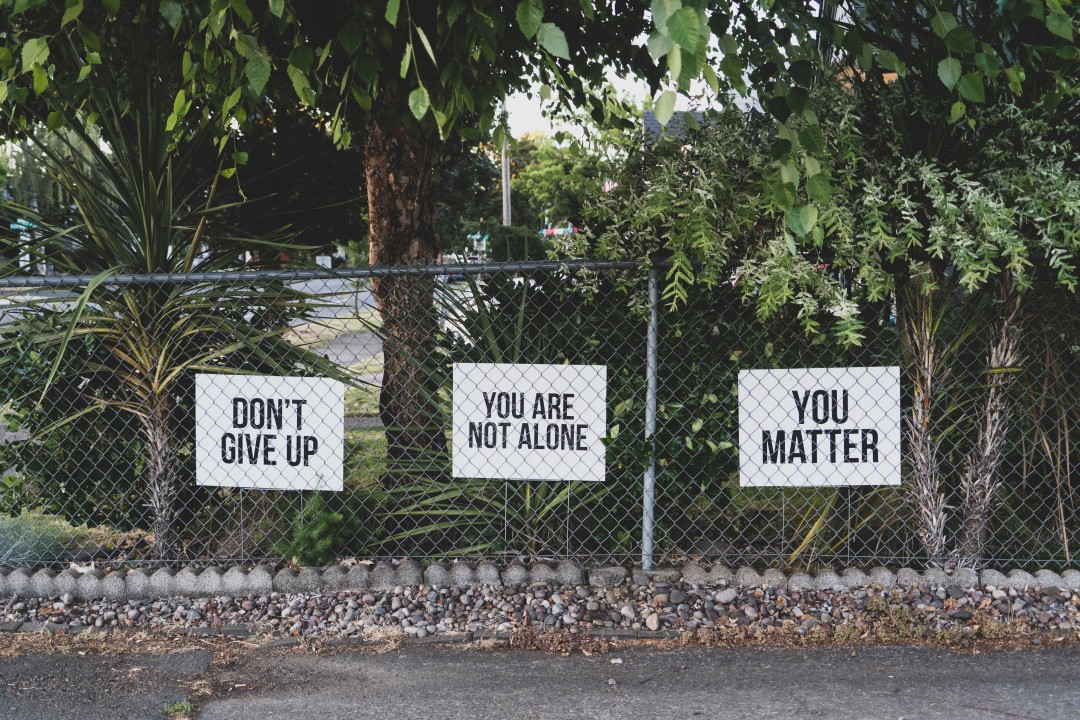Leadership communications during crises can make or break an organization.
According to Weatherhead School of Management Professor David Cooperrider, co-creator and creative thought leader of Appreciative Inquiry (AI), “How leaders lead during times of catastrophe has an outsized effect on the future of such things as corporate trust, collective confidence, resilience or brittleness, and strong or elevating corporate culture. Times of crisis almost always reveal or reinforce an institution’s “true colors.”
Indeed, over the past 2 weeks, the contrasting approaches by 2 companies to their recent mass layoffs provided perfect case studies of how to, and how not to communicate bad news in crisis times.
Maintaining and Reinforcing the Value of Belonging at AirBnB
On 5th May 2020, AirBnB’s CEO and founder Brian Chesky wrote a heartfelt personal letter to company employees to announce the company laying off 1,900 of its 7,500 employees worldwide. Reading his letter, I cannot help but be impressed and inspired by the humanity and empathy he displayed with poignantly chosen words.
Firstly, instead of the usual corporate spiel about financial losses, which leaves departing employees feeling bitter and those who stay fearful, he communicated openly the decision making process. By demonstrating transparency, he helped breed confidence and enhanced employee loyalty, which are two much needed ingredients to rebuild the business after the recession.
Secondly, he preserved the dignity of those who are leaving. He made special care to do this by over-communicating that the reasons are not a function of individual’s fault. For example, he said, “These decisions are not a reflection of the work from people on these teams.” By this statement, he absolved people who were laid off of self-blame, and the people who are staying, of residual guilt they may feel. He further added that “Other companies will be lucky to have them”, which reiterates that are being let go are talented, and would be continue to be assets.
Finally, he took the opportunity to reinforce the company’s mission and core values to preserve a great culture. He said, “Our mission is not merely about travel. When we started Airbnb, our original tagline was, ‘Travel like a human.’ The human part was always more important than the travel part. What we are about is belonging, and at the center of belonging is love.” He doubled down on the mission by celebrating the contributions of the departing employees. “One of the most important ways we can honor those who are leaving is for them to know that their contributions mattered, and that they will always be part of Airbnb’s story. I am confident their work will live on, just like this mission will live on.” By doing this, he made departing employees heroes, and reminded those remaining that they must honor the legacy of those leaving.
Thousands at Uber had their Fate Handed to them in a 3-Minute Zoom Call
AirBnB’s Chesky’s approach was in stark contrast to what happened last week at Uber, who fired 3,700 employees (14 percent of its workforce) via a Zoom Call that lasted less than three minutes.
In a video footage obtained by Daily Mail, Uber’s customer service office, Ruffin Chaveleau told the employees, “Right now, the rides business is down by more than half due to COVID-19. The difficult and unfortunate reality is there is not enough work for many front-line customer-support employees. Today will be your last working day with Uber.”
This approach has come under fire from some of those who were fired, claiming that no notice was given in advanced. If they had missed that zoom call, they would have missed the news.
Uber’s corporate culture has already taken a severe beating over the past few years with reports of discrimination, sexual harassment and a toxic work culture, this recent report does nothing for their reputation as an employee.
Empathetic Communications is Key
In the midst of adversity, people crave meaning, direction and certainty. Great leaders can tune into this need and communicate empathy. As billionaire businessman Mark Cuban shared in a recent interview, “How you treat your employees today will have more impact on your brand in future years than any amount of advertising, any amount of anything you literally could do.”
Empathetic communication is key to maintaining, and building a strong employer brand, and employee engagement, which is needed to rebuild the business after the crisis. Brian Chesky of AirBnB has showed the way, and it has just strengthened their brand equity. When I am back travelling (and I hope it is sooner than not), I will continue to seek “belonging” in my homes away from home around the world.




